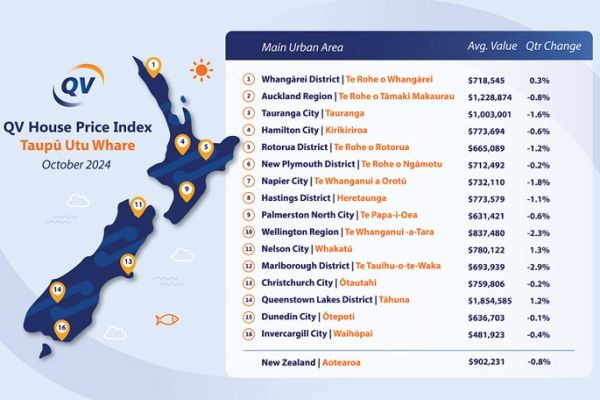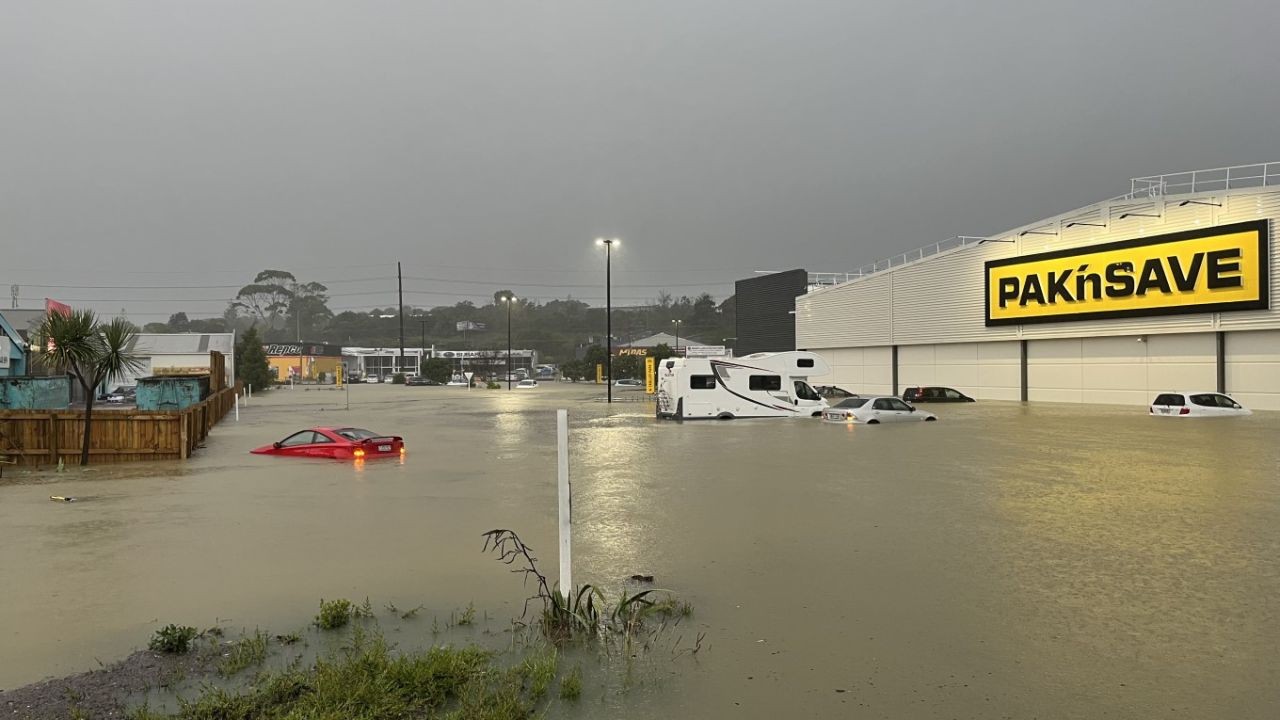For more than a decade, New Zealand has been one of the most expensive housing markets in the world, with property prices skyrocketing due to low interest rates, high demand, and limited supply. However, recent economic shifts have raised concerns about a market correction or even a housing crash.
➡ Are house prices about to crash, or will they remain resilient?
➡ How do rising interest rates and inflation impact affordability?
➡ What do real estate experts, economists, and policymakers say?
Let’s analyze historical trends, expert forecasts, and market indicators to get a clearer picture.
📊 The Hard Numbers: How NZ’s Property Market Looks in 2024
New Zealand’s housing market has cooled compared to the 2020-2021 property boom, but prices remain high.
🏠 Median House Prices (2024 vs. 2023)
According to REINZ (Real Estate Institute of New Zealand):
| City | 2023 Median Price | 2024 Median Price | % Change |
|---|---|---|---|
| Auckland | $1,052,000 | $1,082,000 | ⬆ 2.8% |
| Wellington | $812,000 | $842,000 | ⬆ 3.5% |
| Christchurch | $675,000 | $710,000 | ⬆ 5.1% |
| Nationwide Avg | $765,000 | $789,000 | ⬆ 3.2% |
📌 Key Takeaway: Prices are still rising in most areas, but at a slower pace than previous years.
💰 Mortgage Interest Rates: The Biggest Market Factor
The Reserve Bank of New Zealand (RBNZ) aggressively raised interest rates to combat inflation, which has directly impacted home affordability.
- 📉 Mortgage Rate Trends:
- 2021: 🏡 2.6% (Record Low)
- 2022: 🔼 4.3%
- 2023: 🔼 5.7%
- 2024: 🔼 6.8% (16-Year High!)
📌 Impact on Borrowing Power:
If a buyer could afford a $1,000,000 home at 2.6% interest in 2021, they may now only afford a $750,000 home at 6.8% due to increased mortgage payments.
🏗️ Will NZ House Prices Crash or Stabilize?
🔹 Scenario 1: Market Correction (-5% to -15%)
💡 Economists at ANZ predict:
"If inflation remains high and interest rates don’t drop, NZ house prices could fall by 5-15% in 2025 due to affordability constraints."
💡 Real estate expert Tony Alexander states:
"We might see short-term price drops, especially in overpriced areas like Auckland Central, but demand will still be strong for affordable properties."
🔹 Scenario 2: Market Rebound (+2% to +5%)
💡 Westpac Bank’s Forecast:
"Strong immigration, high rental demand, and limited supply will support prices, with slow growth of around 2-5% per year."
💡 Government Infrastructure Spending Impact:
- NZ Transport Agency is investing $1.5B into Auckland’s urban expansion, making newly developed areas more attractive to buyers.
📌 Conclusion:
- The most likely scenario is a market correction (not a crash), followed by stabilization in 2026.
- Areas with high job growth & infrastructure projects will likely see price resilience.
💡 What Should Buyers & Sellers Do in 2025?
✅ Homebuyers:
✔ Lock in a fixed-rate mortgage before rates rise further.
✔ Look for high-growth suburbs with future infrastructure plans.
✔ Consider renting & waiting if prices drop further.
✅ Investors:
✔ Rental yields are increasing (strong demand).
✔ Avoid high-leverage investments if prices dip.
✔ Explore commercial property opportunities.
✅ Sellers:
✔ Price competitively – Overpricing may lead to long waits.
✔ Home renovations can increase value in a cooling market.
✔ Sell sooner if interest rates stay high.
🚀 Future Outlook: Where Will NZ’s Housing Market Be in 2030?
- Scenario 1: Market stabilizes with 2-4% annual price growth
- Scenario 2: Government intervention (new housing policies) affects investors
- Scenario 3: Economic downturn leads to further house price declines
📌 What’s your prediction? Will house prices rise, fall, or stay stable? Let’s discuss!
📖 Related Articles:
📖 🏡 Best Suburbs to Buy in 2025
📖 📉 Renting vs. Buying in NZ: What’s Smarter?
































IrisMillin
12 months ago